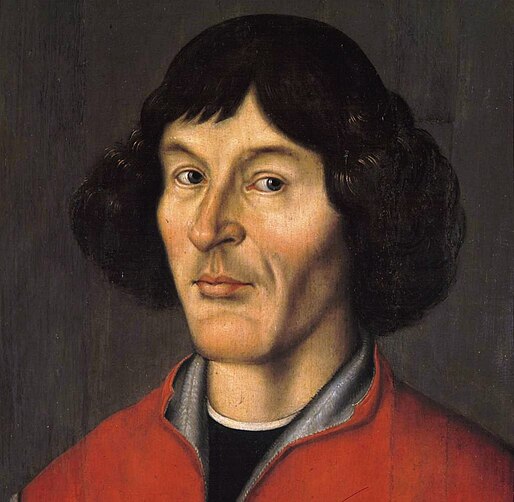 |
Today, the 19th February is the birthday of Mikołaj Kopernik, maybe better known in the west as Nicolaus Copernicus.
Kopernik was born on the 19th February 1473 in the city of Toruń, in the province of Royal Prussia, in the Crown of the Kingdom of Poland.
|
The heliocentric hypothesis
De revolutionibus orbium coelestium (1543) is the book in which which Kopernik offered an alternative model of the Solar system to Ptolemy’s geocentric system. Kopernik’s new model places the Sun and not the Earth at the center of the Solar system and represented a new shift in thinking. Importantly, the heliocentric model fits the astronomical observations much more naturally than the geocentric model which required strange phenomena like epicycles.
Nicolaus Copernicus Monument in Warsaw
In Warsaw there is Bertel Thorvaldsen’s monument which was completed in 1830. The monument comes with the words “Nicolo Copernico Grata Patria” (Latin: “To Nicolaus Copernicus from a Grateful Nation”) and “Mikołajowi Kopernikowi Rodacy” (Polish: “To Mikołaj Kopernik from his compatriots”).
Early in the Nazi German occupation of Warsaw in 1939, the Germans replaced the Latin and Polish inscriptions on the monument with a plaque in German: “To Nicolaus Copernicus from the German Nation”.
On 11 February 1942 Maciej Aleksy Dawidowski removed the German plaque!
During the 1944 Warsaw uprising the momentum was damaged and shortly after the Germans decided to melt it down for scrap metal. The Germans sent the monument to Nysa (southwestern Poland), but they had to retreat before they could melt it down. The Polish people returned the monument to Warsaw on 22 July 1945. The monument was renovated and unveiled again on 22 July 1949.
In 2007 a bronze representation of Kopernik’s solar system, modeled on an image in his De revolutionibus orbium coelestium, was placed on the square in front of the monument.
You can see some pictures of me next to the monument here.
Link
Nicolas Copernicus, Wikipedia page.







